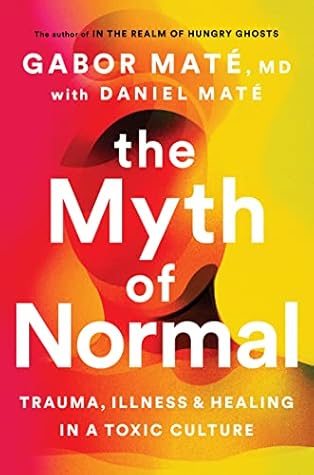These healthy people, suggested Maslow, had a complex relationship with their “much less healthy culture.” Neither conformists nor automatically reflexive rebels, such men and women expressed their unconventionality in ways that kept them true to their inner values, without hostility but not without fight, when that was called for. “An inner feeling of detachment from the culture was not necessarily conscious but was displayed by almost all . . . They very frequently seemed to be able to stand off from it as if they did not quite belong to it.”[14]
Welcome back. Just a moment while we sign you in to your Goodreads account.


